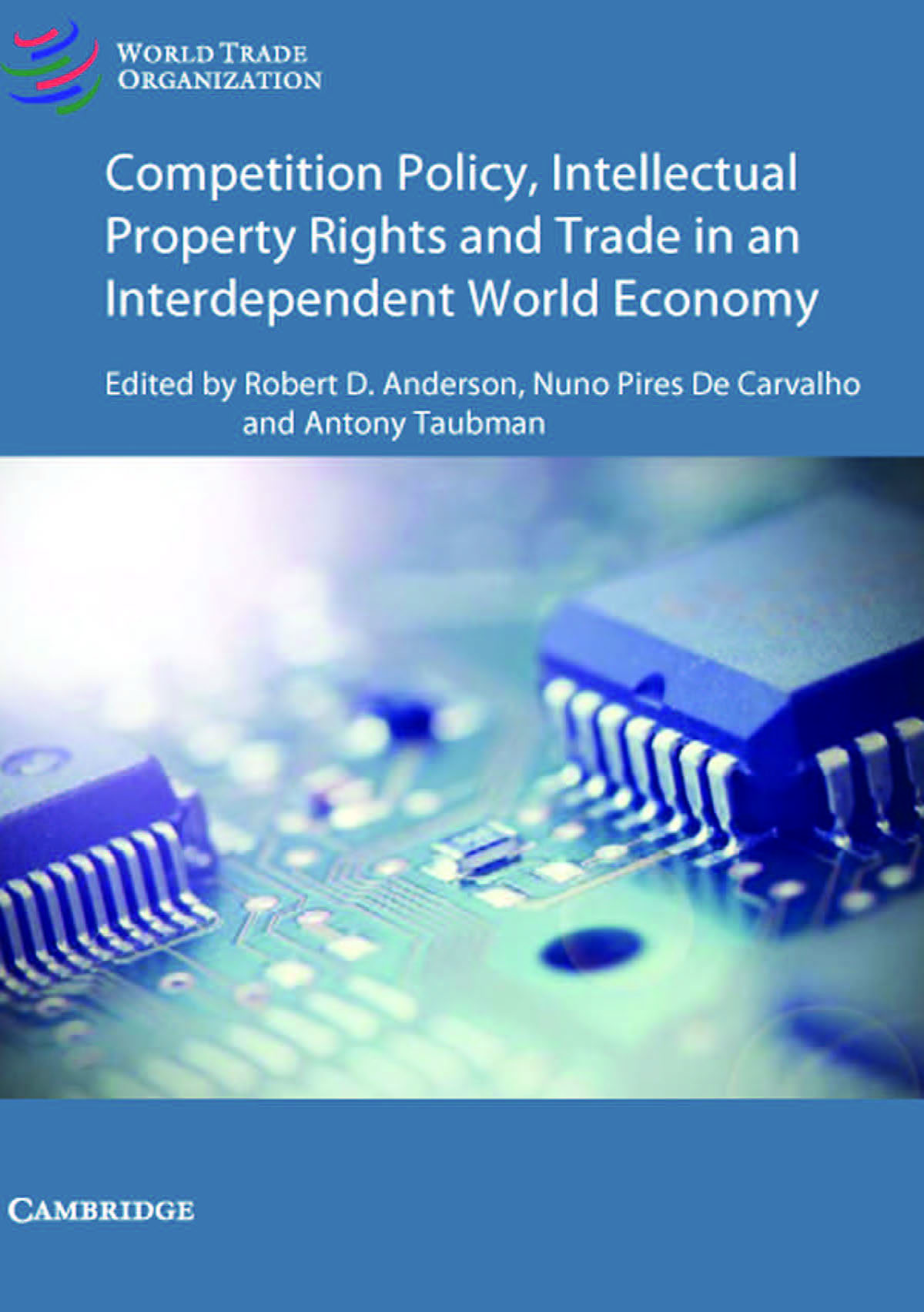The third round of nuclear talks between the international community and the Islamic Republic of Iran began in April in Istanbul, continued in Baghdad in May and few weeks later in Moscow on June 18th-19th.
All parties, especially the P5+1 (the five permanent member of the UN Security Council plus Germany), acknowledged the extent of the impasse, with a number of expectations raised in Istanbul that, however, led to disappointment in the two subsequent meetings. Given the distance between the Iranian stance and that of the P5+1, it was decided that negotiations would continue only on a technical, rather than political level. The P5+1 has a clear agenda: “Stop, Shut and Ship”. Stop uranium enrichment, Shut the Fordo nuclear facility near Qom and Ship the uranium enriched beyond 20% abroad.
The statement delivered in Moscow by Catherine Ashton, the EU High Representative for the common foreign and security policy, demonstrated that the P5+1 is currently putting more emphasis on the necessity of Iranian compliance with its “international”, not just its NPT, obligations (i.e. suspending all its enrichment activities), differently from what came out in Istanbul. Of course, the burden of proof is on Iran’s shoulder, and as for the international community, 20% uranium enrichment lies at the heart of the matter. Agreeing to stop the enrichment and ship the stockpiles of 20% enriched uranium abroad are the main parameters of any agreement proposed by the P5+1. Before the last talks, pressures on Tehran were strongly exerted not just by the EU, but also by Russia and China. So far, to no avail.
This time around, expectations were high not only because previous political-level meetings led many to believe that new steps could be undertaken to overcome the nuclear stalemate, but also because the meeting took place in Russia. The common assumption was that Moscow had managed to secure some bilateral agreement on progress to be made with regards to negotiations with the Islamic Republic. This would have increased Russia’s political capital and leverage vis-à-vis the US.
Read the full article at Aspenia Online »






